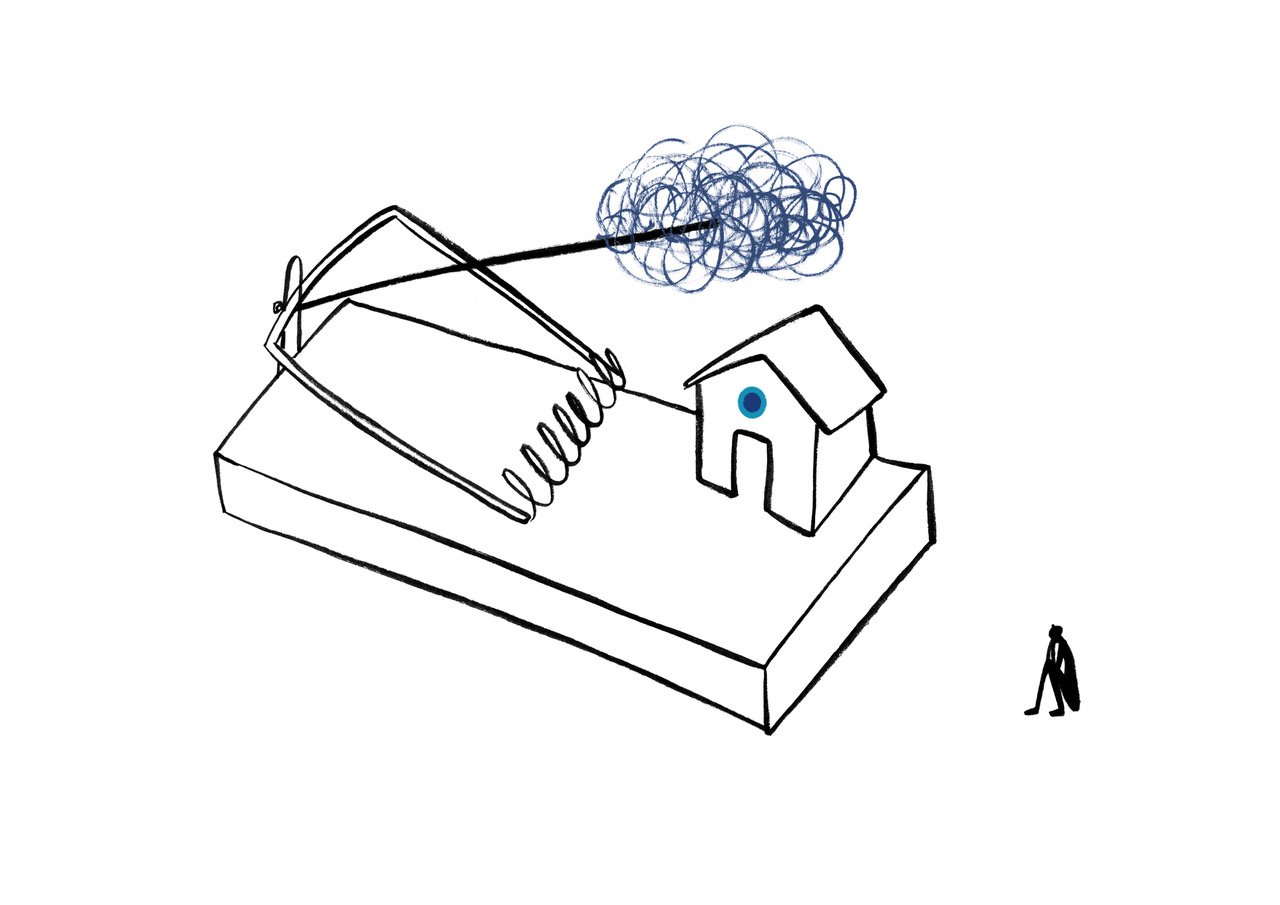Counter-terrorism
What is the issue?
As terrorism has proliferated in the last 20 years, so too have States’ counter-terrorism strategies, which have introduced new surveillance measures, restrictions on behaviour, powers of detention, and hundreds of new offences carrying heavy sentences. These measures are often not specifically targeted at children, but dramatically impact children and young people.
What is the problem?
When accused of terrorism offences, children can be subject to extended detention without charge or face harsh penalties that defy international human rights standards. In the worst cases, these punishments can include the death penalty and life imprisonment.
States have favoured a ‘firefighting approach’ to counter-terrorism by targeting suspected terrorists but not the social conditions in which terrorism can flourish. Structural risk factors that radically increase children’s vulnerability to recruitment, such as poverty, marginalisation and the stigmatisation of certain social groups - all of which are human rights violations themselves - have largely been overlooked.
What is the solution?
No State needs to violate the human rights of its public to tackle terrorism effectively, nor is there any advantage to be gained from doing so. In developing their counter-terrorism strategies, States must ensure that human rights are promoted and protected in full. Approaches that undermine human rights are not only unlawful, they are now widely understood to be counter-productive for neglecting the factors that help terrorism to flourish.
A ‘human rights first’ approach to counter-terrorism would be more productive in tackling the problem. This approach would not criminalise children for association with terrorist groups, nor incarcerate them for terrorism offences. Instead, it would recognise children’s vulnerability to recruitment, supporting them to develop their own awareness of and resilience against the risks in order to prevent them from being targeted by terrorist groups. Where children have been groomed and manipulated, the State would recognise them as victims, and provide rehabilitative care.
What CRIN is doing
Counter-terrorism project
Read more about this project here.
Related areas of focus
Deprivation of liberty
Read more on this here.
Resources
Reports: Caught in the Crossfire? An international survey of anti-terrorism legislation and its impact on children (2018); Preventing Safeguarding: the Prevent strategy and children’s rights (2022); To Protect or Punish? Children, counter-terrorism and the criminal justice system (2025)
More on: Counter-terrorism
International survey: Anti-terrorism legislation and its impact on children
Issue page: Children’s rights and the deprivation of liberty
Position paper: Bringing children home - a children’s rights approach to returning from ISIL
Submission: United Kingdom’s review by the UN Committee on the Rights of the Child
Joint statement: CRIN Joins Boycott of UK Government's Prevent Review
Written evidence: CRIN’s evidence to the All-Party Parliamentary Group’s Inquiry into Trafficked Britons in Syria
Related content: Counter-terrorism (Gallery), A-Z index rights issues



